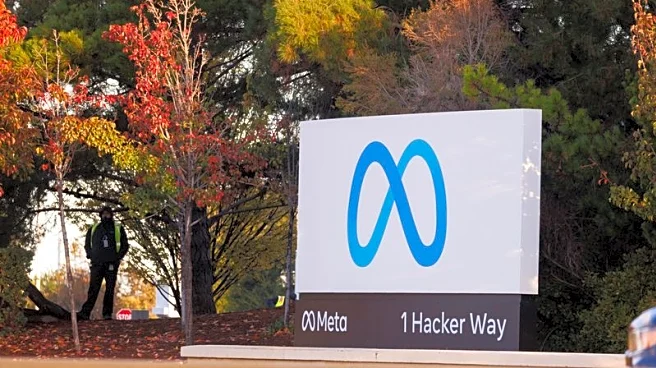Rapid Read • 8 min read
GOG.com, an online game retailer owned by CD Projekt Red, is offering free adult games as part of its 'Freedom To Buy' campaign. This initiative is a response to recent actions by credit card companies, particularly Mastercard, which have been pressured by groups like Collective Shout to stop processing transactions for adult games. Collective Shout claims to fight against the objectification of women, but has been criticized for its anti-porn stance. In response, platforms like Steam and itch.io have removed or delisted adult games, especially those involving taboo topics. GOG.com aims to counteract this by making these games visible and accessible, asserting that if a game is legal, it should be available for purchase now and in the future.
AD
The move by GOG.com highlights a significant issue in the gaming industry regarding censorship and the influence of payment processors on content availability. By offering these games for free, GOG.com is challenging the precedent set by credit card companies and advocating for artistic freedom. This situation raises concerns about the power of financial institutions to dictate what content can be sold, potentially stifling creativity and limiting consumer choice. The broader implications affect not only game developers but also artists and creators across various media who rely on these platforms for distribution.
The 'Freedom To Buy' offer from GOG.com is set to end on August 3. It remains to be seen how other gaming platforms and developers will respond to this protest. There may be increased discussions within the industry about the role of payment processors in content censorship and the need for alternative solutions. Stakeholders, including game developers and advocacy groups, might push for clearer policies that protect legal content from being arbitrarily removed due to external pressures.
This development could lead to a broader debate about the ethical responsibilities of payment processors and online marketplaces in regulating content. It also touches on cultural dimensions, such as the balance between protecting societal values and preserving artistic expression. Long-term, this could influence how digital content is curated and sold, potentially prompting legislative or policy changes to safeguard creative freedom.
AD
More Stories You Might Enjoy











